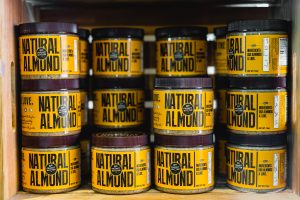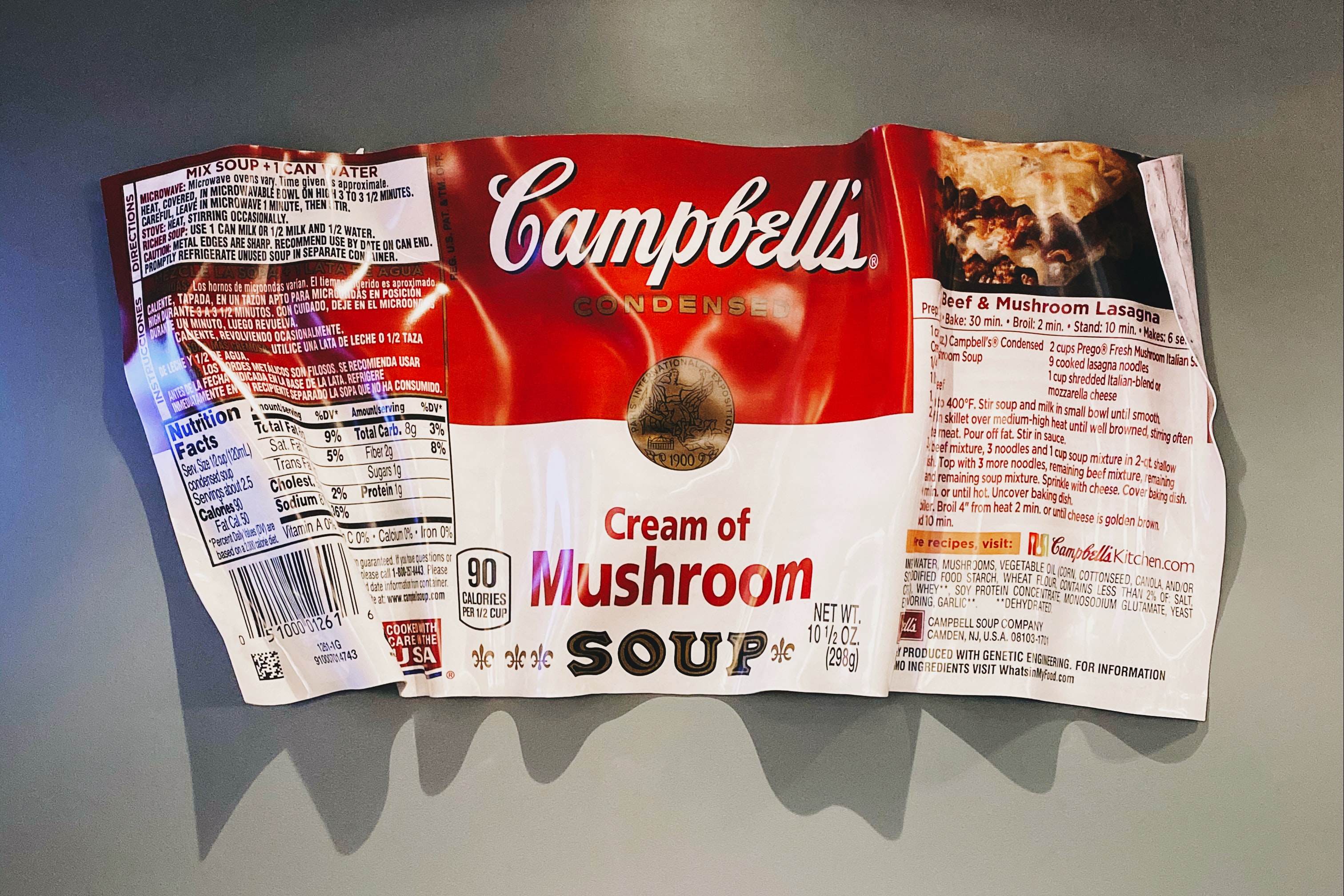FDA keeps rolling back food labeling requirements amid COVID-19.
The U.S. Food and Drug Administration (FDA) has officially relaxed regulations on food labeling and packaging a handful of times since the onset of COVID-19, with some requirements now lifted for manufacturers and vending machine operators. In the latest move, the FDA released a “temporary flexibility policy” designed to help address food shortages amid the pandemic.
The new policy allows manufacturers to swap “ingredients in foods without updating the packaging,” the FDA said, and consumer advocates are suggesting the relaxed guidelines are especially concerning for those with allergies and other food intolerances.
The FDA explained, “For example, canola oil can be substituted for sunflower oil “because they contain similar types of fats” without a label change and unbleached flour can replace bleached flour.”

“The devil is in the details,” Dave Bloom, chief executive of SnackSafely. “The guidance goes on to introduce numerous loopholes that are of concern to members of the food allergy community.”
There are some limitations, of course. “The ingredient being omitted or substituted cannot affect nutrient content or health claims on the label, cannot be a characterizing ingredient such as raisins in raisin bread and cannot cause adverse health effects including allergic reactions,” according to the agency.
However, it still seems risky to some to allow manufacturers to determine what can and cannot be swapped. And, an allergic reaction can quickly turn deadly.
“We understand that COVID-19 has been an obstacle for food manufacturers, too, through unanticipated shortages and supply chain disruptions to ensure products are available,” Lisa Gable, chief executive officer of FARE, a leader in food allergy advocacy and private funder of research in the field, said. “But the food allergy community relies on transparency and it is our hope that we can work together with FDA to find a solution that benefits everyone and ensures the safety of the food supply for those whose lives depend on knowing exactly what is in the products they are buying.”
FARE has asked the FDA, at a minimum, to require food manufacturers to let people know what ingredient changes are made on the agency’s website, social media pages, or on retail websites. “Labels such as stickers could also help regain the trust of the food allergy community,” FARE said in its plea.
The FDA also recently announced that vending machine operators temporarily won’t have to provide calorie information “due to disruptions in the supply chain,” but it “encourages them to continue listing it.”
“The vending machine industry has seen a major shift since the pandemic began,” according to Roni Moore, marketing vice president for the National Automatic Merchandising Association, a vending machine trade group. They are much busier in places of work, especially in police stations and hospitals than they were pre-pandemic.
Other temporary changes the FDA has issued “address nutrition labeling on food packages, menu labeling, packaging and labeling of shell eggs and the distribution of eggs to retail locations,” the statement read.
With all the changes being made, there is also some concern the federal agency will prolong these adjustments after the COVID-19 cooldown.
“We have no objection to temporary flexibilities in this moment, but we view with suspicion the notion that you’d want to continue those after the emergency,” said Laura MacCleery, policy director of the Center for Science in the Public Interest.
Sources:
Beware of food labels if you have allergies; FDA again relaxes rules due to COVID-19


Join the conversation!